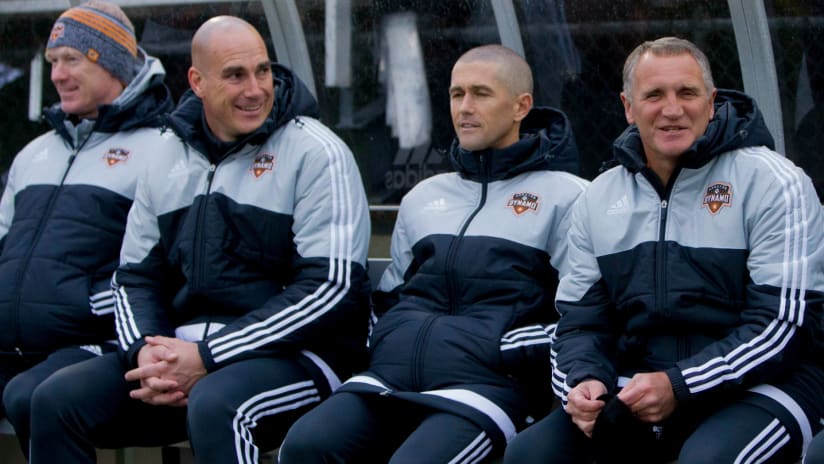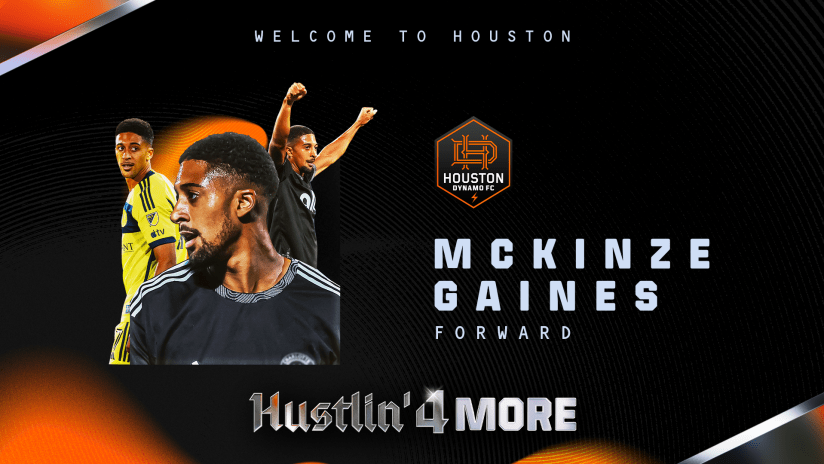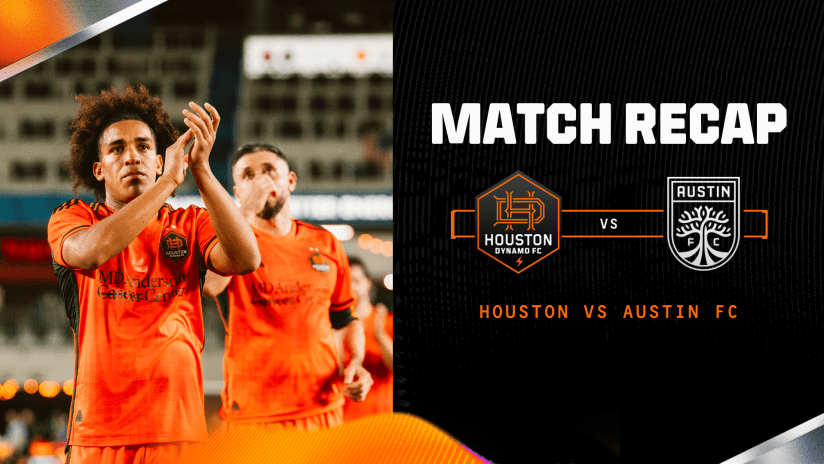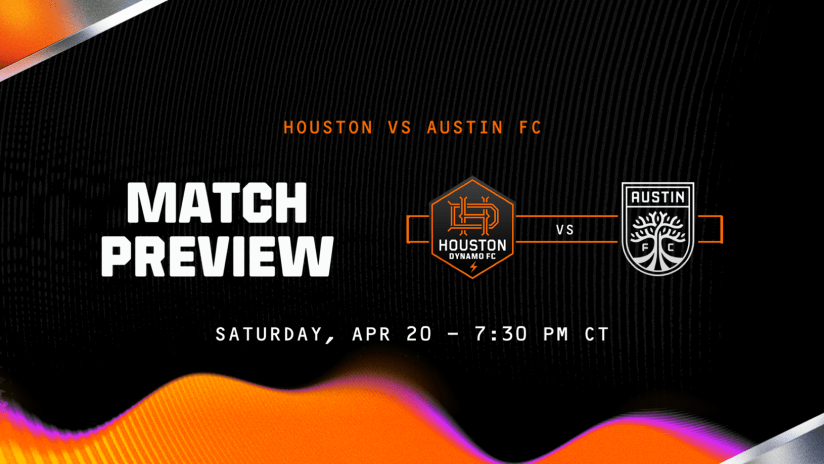CHARLESTON, S.C. -- With change in the air on the field and among the technical staff after a busy winter, HoustonDynamo.com caught up with four of head coach Owen Coyle’s coaches in Charleston to get their lowdown on preparations for the start of the season.
The former Dynamo captain made two U.S. national team appearances and was an MLS All-Star. He became a coach at the club after his retirement in 2010.
What’s it been like working with Owen Coyle so far?
It has been a great experience for me. Owen has a wealth of experience and a real knowledge for the game and a passion for the game. Not only Owen but Sandy Stewart has come in and been a great resource for me, he’s a fantastic coach in his own right. Just the opportunity to learn from those two coaches and how they implement certain ideas and how they get that out of the players in training has been a great experience for me.
Has he asked you for insights on the players?
He’s asked my opinion on a few things and it’s nice to be able to offer that. In another way I’m interested to hear what [Coyle and Stewart] have to say also because of course I have my opinions about the club, the players, things in general; but I’ve been very interested to not just offer my opinion but to get theirs. Hopefully it’s been a learning experience for them as much as it has been for me.
There’ve been a lot of signings but the core group from last year remains?
We talk a lot about the changes but it is still basically the same group; of course we’ve added some important pieces. I don’t really feel like we were so far away last year. Sometimes it’s just a couple of games here and there, a couple of players here and there and things can go one way or another. Even with the group coming back in that’s still relatively familiar it’s still a brand new season. Every time you get to the end point and you start again it’s just fresh and it’s exciting. With the players we’ve added, everybody’s just really really excited for the season to get started. There’s a real level of enthusiasm around the club and it’s exciting to be around.
The Scottish former defender managed in his home country and since 2007 has worked extensively as a coach under Coyle in Scotland, England and now the U.S.
How did your working relationship with Owen Coyle start?
It started when we were players, we played in the same team at Airdrie together. When I think about it, I think it was 26 years ago it first started and it’s developed since then. When I was the manager of Airdrie I signed Owen as a player then he became my assistant manager. He was there for several months and then he took the St Johnstone job. When he lost his assistant, I went up and joined him as assistant manager and from there it’s snowballed to Burnley, Bolton, Wigan and Houston.
How are you enjoying MLS so far?
Yeah, I definitely love it. It’s been good. In preseason the boys have worked really hard and we were at a tournament in Arizona - nothing beats games. You can work as hard as you want in preseason but nothing beats games.
We brought teams here for the last four or five years. We brought Burnley, Bolton and Wigan to MLS because we knew the facilities were excellent and it was good competition and it was always taken very seriously. So it was a great standard for us to play before the start of the season.
What’s the key to a successful understanding between a head coach and an assistant?
I had five years of it myself as a manager and I know how stressful it can be, you kick every ball and you make every decision - with guidance from other people, but at the end of the day the buck stops with you and you make the decision. So knowing that myself I think I know some of the things that Owen goes through, so it obviously helps. Sometimes you need just to listen to him and at other times you need to influence.
It must help that you and Owen are so familiar with each other?
It’s one of the first and foremost things. You know the person, you trust the person that you’re working with and likewise the two of you are getting to know new players but also new staff that you’re bringing in. It definitely helps when the two of you are there together and can speak about it and also it helps the other new staff and players. They can come to me and I know exactly what Owen’s like and I can either pass it on or let them know information beforehand… I’d like to think the two of us are similar so we can bounce off each other that way.
The England native joined the Dynamo this year after serving as the U.S. women’s national team goalkeeper coach for six years. He previously held the same role with the Canadian women’s national side.
How have your first couple of weeks with the Dynamo gone?
Owen makes it easy for all the staff to blend in and get going. He forms a good environment, a good culture, both for the staff and the players. So it’s been pretty seamless for me, really. I didn’t know [him] but I’d followed his coaching career and knew some people in England [who knew him].
Had you been looking to get into the men’s professional game for a while?
Since the Olympics in ’12 I was offered a couple of jobs back in England, one at my home club Brighton in the Championship to run the academy for the goalkeepers all the way up to the first team. And after being around that and talking to them, it’s something I’ve wanted to do really since the Olympics and I don’t think I could have fallen into a better opportunity both from a club standpoint and a coach standpoint. There’s a massive amount to learn from Owen, a great environment and obviously a great club as well.
What do you make of the three first-team goalkeepers?
I’m happy, very happy. They’re all fairly young still. Technically solid, there’s stuff we’ve got to work on, getting games under their belt as well because experience will be key. But training’s been fantastic and attitude’s been fantastic and they want to learn which has been brilliant.
The three here, Tyler [Deric], Joe [Willis] and Michael [Lisch], they all want to learn. They’ve all still got an opinion - it’s definitely a two-way conversation - and they want to listen. So I don’t think I could be in a better position from that standpoint.
SPORTS PERFORMANCE DIRECTOR/FITNESS COACH PAUL CAFFREY
Caffrey was an assistant coach at Chivas USA in 2014 and on the staff at the Colorado Rapids in 2012-13. From Dublin, Ireland, he also worked with the U.S. under-17 national team.
How are things going so far?
It’s going well, it’s exciting for me on a personal level. They’ve never had this position before so as a sports performance director you get to build something from the ground up. It’s become such an integral part of the game, it has so much importance that it’s great to be part of that initial program to push it forward and ideally help the players be as strong as they can be on game days.
What are the key aspects to your role?
Obviously there needs to be a lot of communication between the staff, and then the goal is to put the strongest possible team on the field on game days. There’s an incredible amount of working parts that go into that, from fitness and strength and conditioning and so on, rehab exercises, that’s the key essentially.
Is preseason your busiest time?
It’s a crucial time because it’s the first part of that building block to set you up for the rest of the season. Every day is crucial, every day is game day, every week is crucial. But obviously it’s the first and most important [period] of the season. If you don’t get that right then the next part is more difficult.
Years ago preseason used to be all about running. Now is it more of a mixture of stamina work and ball work?
The more you can do with the ball, the more functional it becomes. So you can train the energy systems while touching the ball and players are switched on psychologically, thinking about the game. It becomes a more economical way to do the training. But obviously fitness is important and you have to do the work, so you sometimes have to balance that. If you can do it with the ball it’s always a better way to do it.
How do you measure performance?
Essentially you want to measure the [work]load on the field in training. We’re currently looking at a few different options to pick the best [system] for the team going forward. And then when you have the load on the field, training-wise, you want to try and measure their response to the load. We use a system called Omegawave that helps us see how they respond. And then we can determine, did we get it right? Or it can help us individualize training where we can maybe see somebody needs a little bit more, or a little bit less, and tweak it as we go.
So you can customize routines for individuals?
Sometimes where you can tailor-make something is in recovery. We might well do the same training session, we might even be playing the same exact position, but your recovery might be slightly different from my recovery. It helps us individualize that.
Tom Dart is a contributing writer to HoustonDynamo.com and HoustonDashSoccer.com. Former editor and reporter for The Times of London and reporter for SI.com, Dart currently freelances for The Guardian.





